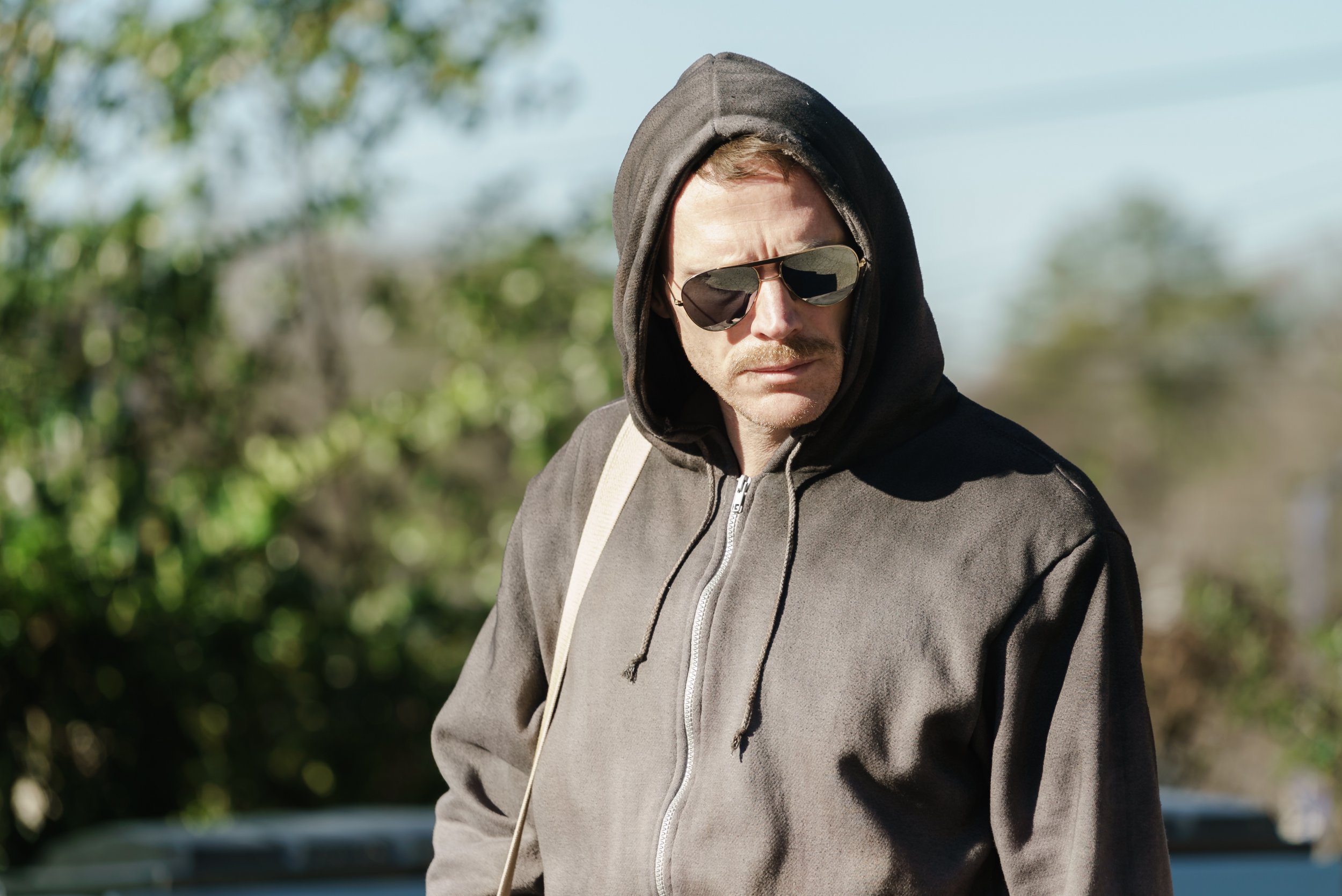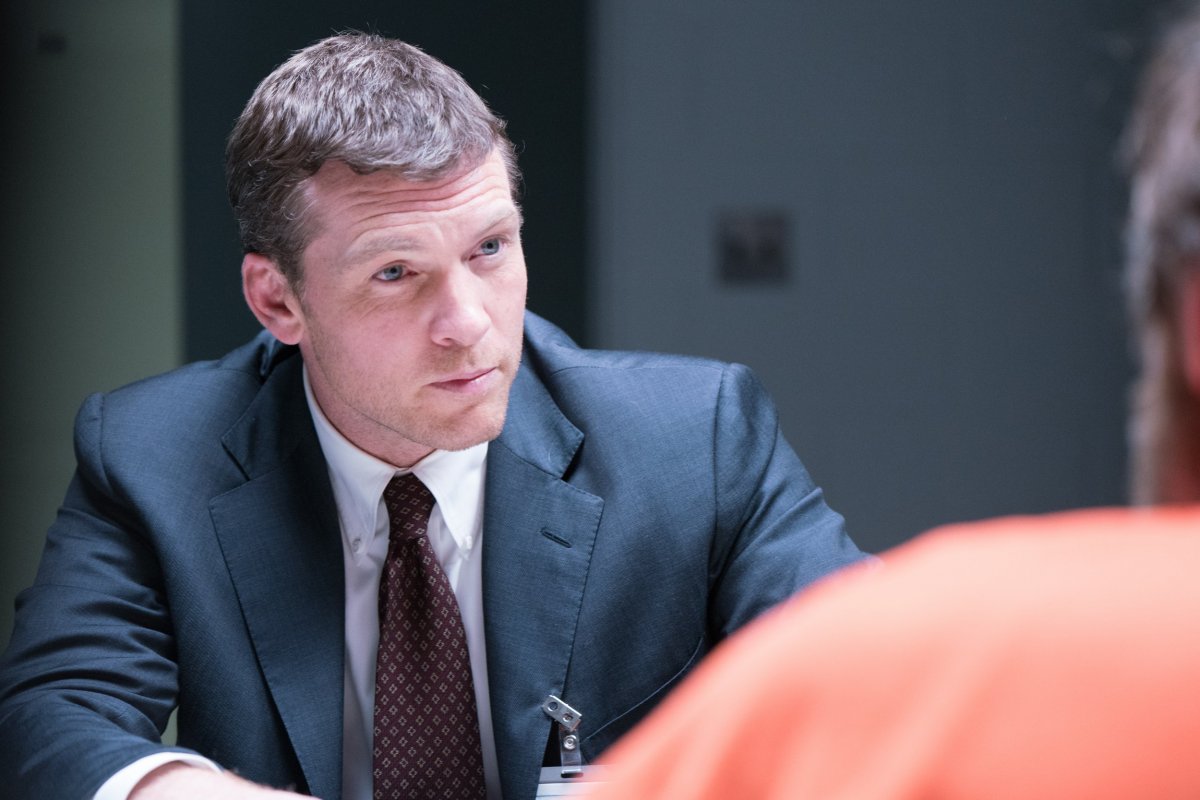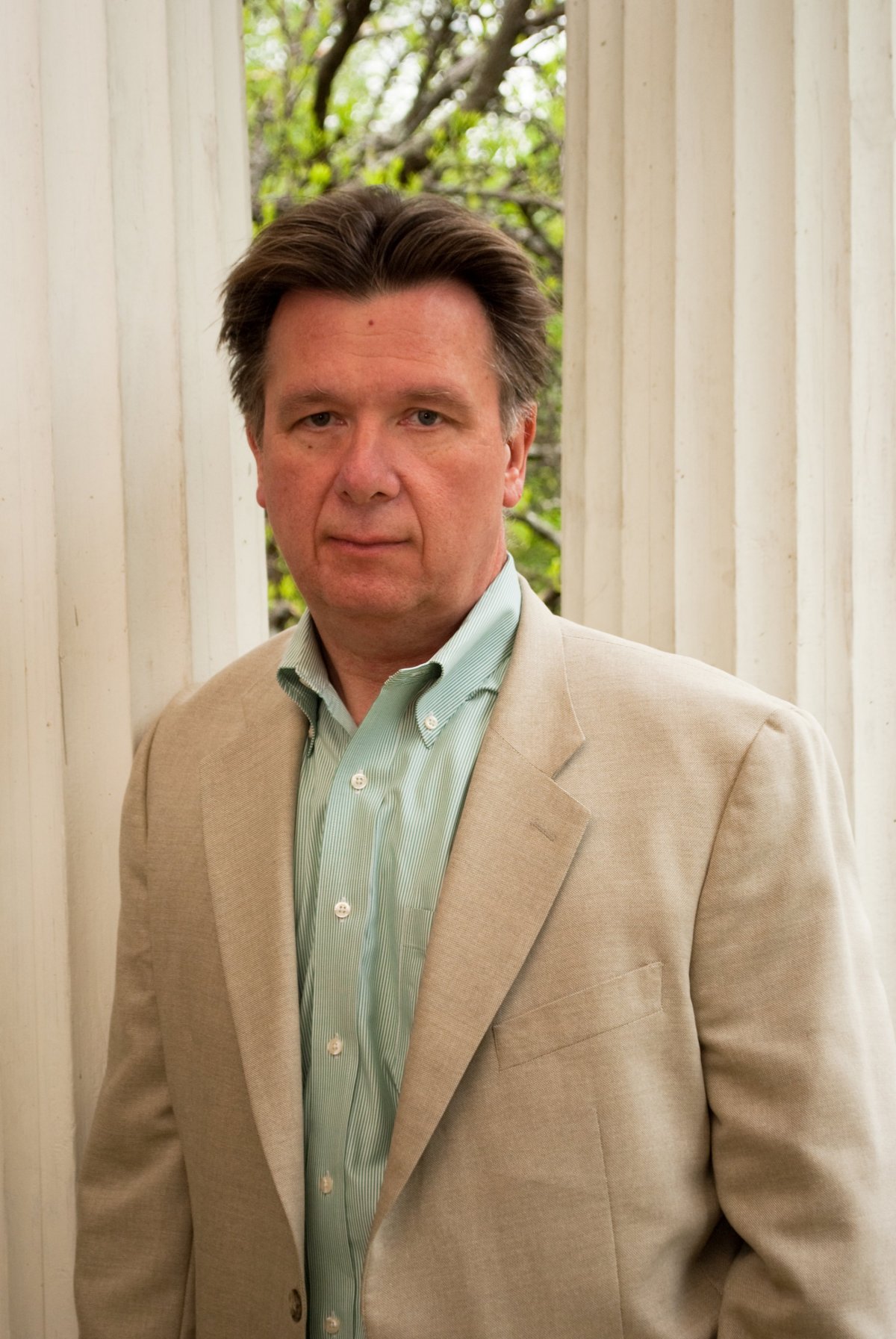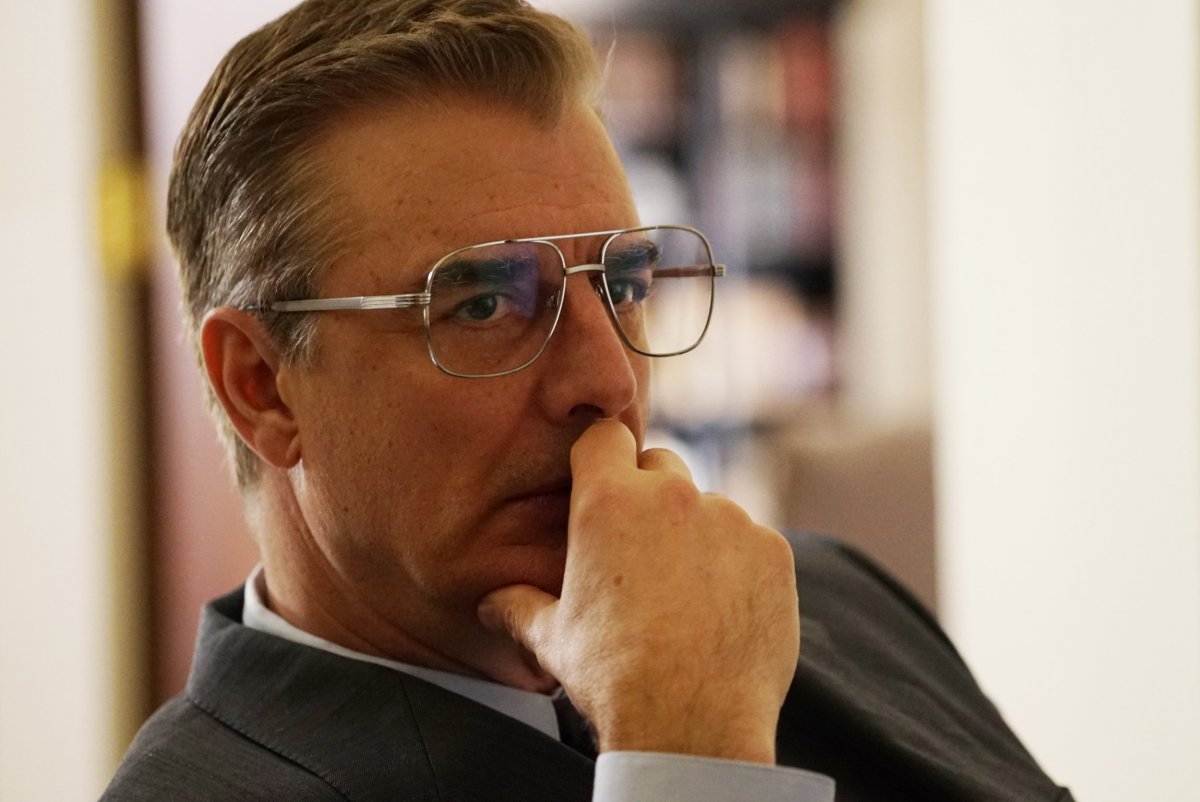
You've probably seen the black and white police sketch of a man with a mustache, wearing dark aviators and a hoodie, a patch of curly hair peaking out from underneath. That ominous image tormented Americans for years, because the man behind those sunglasses was responsible for a string of terrorist attacks that killed three people and maimed dozens more from 1978 to 1995.
You've probably also heard about how this man—known only as the Unabomber—sent increasingly sophisticated bombs to unsuspecting victims in the science, technology and airline industries. Some sustained minor injuries and others suffered shrapnel wounds and severe burns, and their lost fingers and eyesight. A computer store owner, advertising executive and timber industry lobbyist were murdered when they opened seemingly innocuous packages sent to their offices and homes.
The search for the Unabomber was one of the longest and most expensive manhunts in FBI history, and it may never have ended had it not been for Jim Fitzgerald, an FBI profiler with an unorthodox approach to identifying the killer. That's the story you probably don't know—and it's now the subject of a new Discovery Channel series, Manhunt: Unabomber (premieres Tuesday, 9 ET/PT), starring Sam Worthington (Avatar), Paul Bettany (Captain America: Civil War, A Beautiful Mind), Chris Noth ("The Good Wife," "Sex In The City") and Jane Lynch ("Glee," "Hollywood Game Night.")
RELATED: How a shark attack saved 'Shark Week' star's life
Fitzgerald had already clocked 11 years as a police officer and another nine years as an FBI agent when he received his first assignment as a young criminal profiler fresh out of training: the Unabomber case. In 1995, the Unabomber mailed a 35,000-word, anti-technology manifesto to the Washington Post and New York Times, threatening to blow up a plane if they didn't publish it—and promising to stop his attacks if they did. Fitzgerald urged the FBI and attorney general to convince both newspapers to publish the screed.

"I was very adamant about that," Fitzgerald says. "A few bosses were against it. We didn't want to cede to the demands of a terrorist. I said, we may run that risk, but there's so much in the way of idiosyncratic language features, someone will recognize it — a teacher, a professor, a friend, a family member."
He was right. On September 19, 1995, the Washington Post published the manifesto, unedited, and soon after, a man told the police that the writing sounded just like his brother, Theodore Kaczynski.
Fitzgerald set to work comparing the Unabomber's prose to Kaczynski's, and his 50-page affidavit with side-by-side sentence analysis became the first time language analysis was used in a criminal case in federal court to get a search warrant. On April 3, 1996, the FBI arrested Kaczynski at his cabin in rural Montana, where he'd been living as a hermit after abandoning a promising career as a mathematician. He's now serving a life sentence without parole.
The Unabomber wasn't Fitzgerald's only high-profile case. He has worked on some of the most notorious crimes in the last century, including Jon Benet Ramsey's murder, the D.C. sniper case and the anthrax investigation. He also founded the Communicated Threat Assessment Database ( CTAD ), the most exhaustive repository for all written threats and other "criminally oriented communications" the FBI has ever received. He was the FBI's only forensic linguist and, since retiring from the bureau in 2007, has continued working on forensic linguistic investigations with the Academy Group. He also consults on TV shows, including Criminal Minds and A&E's Killer Profile . He recently published the third book in his four-part memoir, A Journey to the Center of the Mind, Book III: The First Ten FBI Years, 1987-1997 .
Newsweek spoke to Fitzgerald about how he identified the Unabomber, why we're so captivated by shows about brutal killings, how it feels having his defining career moment turned into a TV series, and that time he met Donald Trump in the early '90s.
This interview has been edited for clarity and length.
NEWSWEEK: When you were a kid, what did you want to be when you grew up?
JIM FITZGERALD: My father was always interested in true crime. I was born later in life to my parents, and they always talked about the Lindbergh kidnapping. At 10, I was an avid reader and the first adult book I read was Kidnap: The Story of the Lindbergh Case. I read through that page by page, and it fascinated me. It was written in early '60s, about how the investigators put [the case] together piece by piece. The next book that really had an impact on me was Helter Skelter: The True Story of the Manson Murders. I knew I wanted to be an investigator.
Being in your mid-teens to mid-20s is a tricky time in life, unless you have a parent's business you'll go into. It comes down to this: There's an 18-year-old kid who makes a decision for all of us for the rest of our lives. The first job you take out of high school, or what your major is in college. At 18, I said, 'Oh, there's this new major at Penn State, criminal justice. It seems kinda interesting. Let me see what happens.'
RELATED: 'Discovery' treasure hunter may have found Columbus's anchor

You're often referred to as a 'forensic linguistic profiler.' What is that, exactly?
I don't use that exact title. There are two separate fields but I'm the only person to conflate them. First, I'm trained as a criminal profiler. I was promoted to supervisor in 1995 in the FBI and I went through a 12-week profiling course, doing studies about human behavior, crime scene analysis, blood splatter, types of violent crimes, modus operandi, trophy gathering. But we had two hours with an agent on statement analysis. I found that part fascinating. Someone in the FBI was looking at written language to determine issues of deception—like who's telling the truth with 911 calls.
It wasn't until I helped solve the [Unabomber] case using language that the word 'linguistics' came into my lexicon. I already had a master's in organizational psychology. I wanted to be respected and get the credibility I thought I deserved, so I went to Georgetown to get my masters in linguistics. I've never called myself a 'forensic linguistic professional.' I'm a criminal profiler with a separate expertise in linguistics. I'm really the only one.
The FBI had been trying to identify the Unabomber for years. What was unique about your approach?
I'm thrust in the middle of this 17-year-long investigation, where no traditional investigative techniques were working. We have a case with volumes of written material. I picked up on a few things right away and the bosses said, 'Well, Fitz, why don't you run with the writings and see what you can come up with?' I did.
It developed in steps. I was picking up on the language this person was using, like 'Negro' and 'Chicks' (referring to women), and other archaic terms that were rarely seen. Even as a young profiler and nonlinguist, I thought, 'These are terms Frank Sinatra would use!' This guy must be older than some of the profiles we have out there.
I also picked up on what I considered 'contra-indications.' He wrote to Dr. [David] Gelernter at Yale, one of his victims. (He didn't die.) In the beginning of that letter, the Unabomber writes, 'People with advanced degrees aren't as smart as they think they are.' Four sentences later, the Unabomber writes, 'Apparently people without a college degree don't count.' These tidbits of alleged biographical information were the only things he offered at all about himself during the entire 17 years of the investigation, even if written in negated form… I began to surmise that these negated references can't be accurate. They must be the opposite, so to speak, and he does have a college degree, and even possibly an advanced degree. Of course, it turned out he had a Ph.D.
What was the moment you realized the Unabomber was Ted Kaczynski?
I spent five months at the Unabomber task force, looking at known writings of people we had as suspects. In the summer and fall of '95, we had about 2,500 different subjects! I go back to Quantico in mid-February 1996 [to work on another case]. One of the bosses at Unabomb Task Force (UTF) faxes me a 23-page document. I ask who it's from. He says, 'Oh a guy from the midwest who came up as a suspect. Just let us know what you think.'
I took this 23-page document off the fax machine. I look at my dog-eared and multicolored version of the manifesto and, in two hours, I realized the faxed copy I just received was an outline of the manifesto, using much of the same wording, definitely the same topics and themes. I called back my boss at the UTF and said, 'You've got one of two things. This is an elaborate plagiarism; the author of this new document took the published manifesto in the Washington Post and put it together and made it look like something.' He said, we know that's not it.' So I said, 'You've got your man.'
The arrest was an FBI team effort, but the language analysis was my baby. I invented it for this case and really, forensics linguistics took off after that.
What's it like watching the defining moment of your career turning into a TV series?
It's surrealistic. I've gone through the thesaurus and that's the best use of the word. It's like a dream. I was on set in May watching Sam Worthington playing Jim Fitzgerald and he's reciting words that I actually said in 1995 or '96, in a room made to look very much like a mid-90s FBI bullpen office area!
RELATED: Police corruption never ends in Don Winslow's new novel

There are so many shows out there about unthinkable crimes and the investigators who try to solve them. Why are we so fascinated with stories like these?
We live in a society, unfortunately, in which there is an ongoing problem with violent crime. We know it could happen anytime, and there's something innate in us, like passing the car accident in the lane next to you. You're glad it's not you, and you honestly feel badly for the people who've been hurt or worse, but there's not just a morbid but defensive mode that you want to look and think, 'How could I have avoided that happening?'
Most TV shows, the victims tend to be middle class or above. Everybody's life should be valued the same, but the TV networks know their demographic and most victims and investigators are usually reflective of the general population that watches their shows. There aren't too many shows about homeless people living under a bridge who are murdered. But a lot of homeless people don't watch TV on a regular basis. People want to see crimes committed against people like themselves. It's a way of enjoying the whole story line and waiting for a trick ending of how a profile or DNA solved it. They want to know how to avoid this type of situation in their own lives… These are cautionary tales, and whether conscious or subconscious, they just want to know how to protect themselves. If there was no crime in our country I don't think the shows would do well.
Early in your career, you worked on stalking cases in New York City. I read that one of those involved President Donald Trump. What happened?
In New York City, I was on a bank robbery squad but we also handled kidnappings, extortions and threats. I did have a chance to meet a few interesting people along the way. NBC's Bryant Gumbel and Jane Pauley used to get all kinds of threats. Rush Limbaugh had all kinds of threats.
I was called one day into my office by the director of security of Trump Incorporated. This was '91 or '92. He said, 'Our office is getting all these hang-up phone calls. We hear voices in the background. They sound threatening. Could you get a case assigned?' It was assigned to me. I was dressed down that day in jeans and a three-button shirt; we'd surveill bank robbers sometimes. I said, I can come down, but not today. I went the next day and wore a suit. I spoke to the security guy. All of a sudden the door opens behind me and Trump comes in. He told me to call him Donald.
He was the most polite guy, friendly guy. He offered to buy me lunch, but I said thank you and passed. We spent 10 minutes in an office off of his main office, with a beautiful view of midtown. It was in Trump Tower. He was very well dressed. I had my best $200 suit on, and his tie probably cost as much, but that's fine, that's the Donald.
Over the next two days we figured out the problem. It was the advent of cell phone towers being put in and they were crossing onto landlines and picking up people's voices, and someone said the F-word and it turned out it was really nothing. I hope in his present office he's not having this problem, people listening in or somehow surveilling him. Let's hope, anyway. We know there are problems with leaks. No one should have their phone calls listened to.
Uncommon Knowledge
Newsweek is committed to challenging conventional wisdom and finding connections in the search for common ground.
Newsweek is committed to challenging conventional wisdom and finding connections in the search for common ground.
About the writer
Abigail Jones is an award-winning journalist and New York Times bestselling author. Her Newsweek cover story, “Life After Eleven Years ... Read more
To read how Newsweek uses AI as a newsroom tool, Click here.








